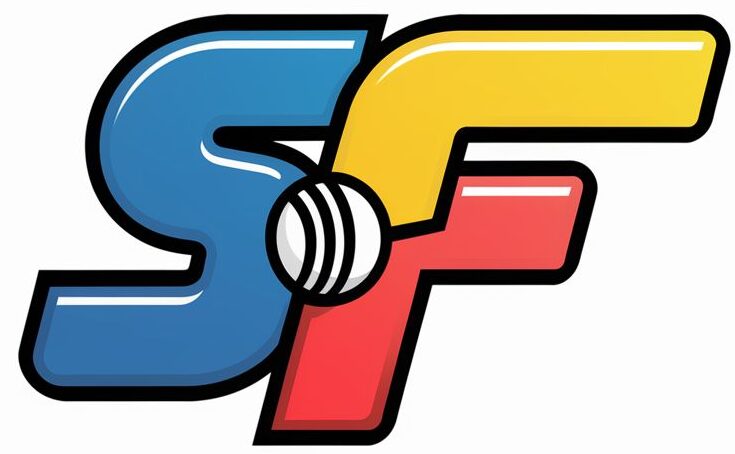
For Sharon Leung, a dedicated healthcare professional with 15 years of experience, the pursuit of an engineering degree might seem a bit off course. However, Sharon’s commitment to lifelong learning and innovative problem-solving led her to enroll in the online Master of Engineering in Engineering Management program at CU Boulder. With this degree, Sharon is redefining the intersection of healthcare, technology, and business. Based in Hong Kong, she works full-time as a Managed Care Officer for an ISO-certified healthcare services provider while studying part-time. Her story demonstrates how creative upskilling and a dedication to personal growth can lead to unique interdisciplinary expertise.
Folding Engineering Practices into a Career in Healthcare
With a background in psychology, Sharon spent 12 years working in a clinical setting before transitioning into healthcare management. A year and a half ago, she joined a managed care team, making critical decisions that impact healthcare delivery. This shift sparked her interest in technology and artificial intelligence (AI) and how engineering principles can be integrated into healthcare.
“People ask me: How is healthcare related to engineering? How is psychology related to engineering? To me, learning a new set of skills is an excellent way to tackle a complex healthcare problem, in an innovative way.”
The Journey to CU Boulder
Sharon initially explored online courses to upskill during the COVID-19 lockdown. She has since completed over 60 non-credit courses on Coursera outside of her degree requirements, selecting topics that she knew would expand her thinking within her career. When she discovered CU Boulder’s Engineering Management program, she was drawn to its flexibility, reputation, and unique approach.
“I knew CU Boulder had a strong reputation as a public research university, but I didn’t know they offered these kinds of programs. It was a great opportunity for someone like me, who doesn’t have a traditional engineering background.“
Unlike traditional engineering master’s programs that require an undergraduate degree in engineering, CU Boulder’s program embraces diverse backgrounds. The ability to preview courses before committing to full tuition was a game-changer for Sharon, allowing her to bridge knowledge gaps before taking more advanced classes.
A Unique Learning Experience
Sharon highlights CU Boulder’s supportive online environment as another key advantage. Unlike other online programs, where students may feel isolated, this program provides access to TA’s and a robust peer network.
“We have access to tutors and professors who answer our questions. There are office hours, lecture videos, and readings—rigorous enough for a master’s level program. Plus, the peer review system is valuable because it allows us to see how other students attempt assignments and we’re able to learn from each other.”
Networking opportunities also set the program apart. Through CU Boulder’s university Slack channel, Sharon has connected with professionals across various industries, including engineers, programmers, and entrepreneurs. She relishes the diverse student backgrounds that she can connect with and feels strongly that she is becoming a stronger engineer for the experience.
“I’ve made some great friends. We share articles, discuss new courses, and support each other. Many of my classmates are already in leadership roles, and I learn a lot from them.”
The Value of Performance-Based Admissions (PBA)
Sharon acknowledges skepticism surrounding CU Boulder’s Performance-Based Admissions (PBA) model, which allows students to prove their capabilities through coursework rather than standardized test scores or prerequisite engineering degrees. However, she emphasizes the program’s rigorous expectations.
“It’s not that easy to pass the first three classes. The grading scale is high, and they expect quality work. Everyone I’ve met in the program is a successful professional.”
Engineering Management: Beyond Technical Skills
While technical skills are essential, Sharon believes that engineering management also requires strong communication and leadership abilities.
“Managing people can be more important than just doing the technical work. This program is great for people who are interested in engineering but might be afraid of the tech side.”
For Sharon, she was able to brush up on her knowledge through additional non-credit courses in systems engineering, statistics, and AI.
A Future in Engineering-Driven Healthcare
Post-graduation, Sharon aims to leverage her engineering management skills to improve healthcare sustainability and efficiency. She appreciates CU Boulder’s career counseling services, which have guided her next steps.
“Boulder is really bold to introduce this program. It’s opening doors for people who might have potential in engineering but don’t have a traditional background. Engineers benefit from working with professionals from different fields, and healthcare can gain a lot from engineering approaches—especially in areas like error reduction and AI-driven solutions.”
With a deep curiosity and a commitment to deep, lifelong learning, Sharon is redefining the value of what it means to be an engineer in healthcare. Her journey at CU Boulder is not just about earning a degree but about equipping herself with the skills to shape the future of the industry.

